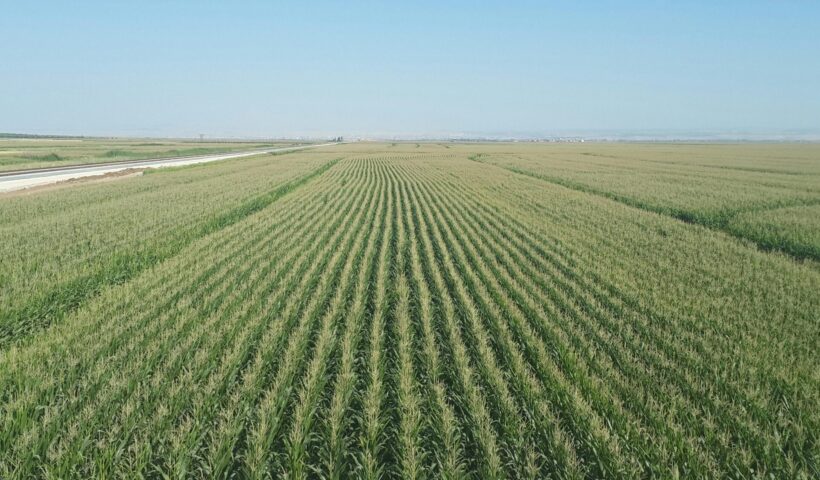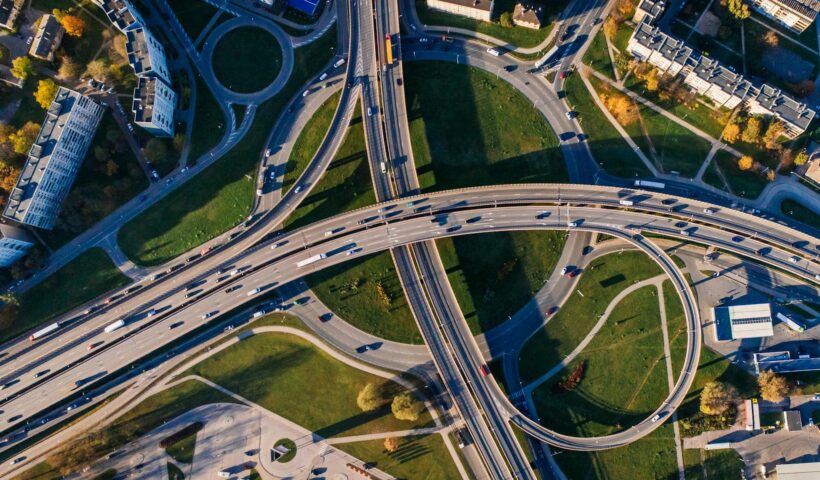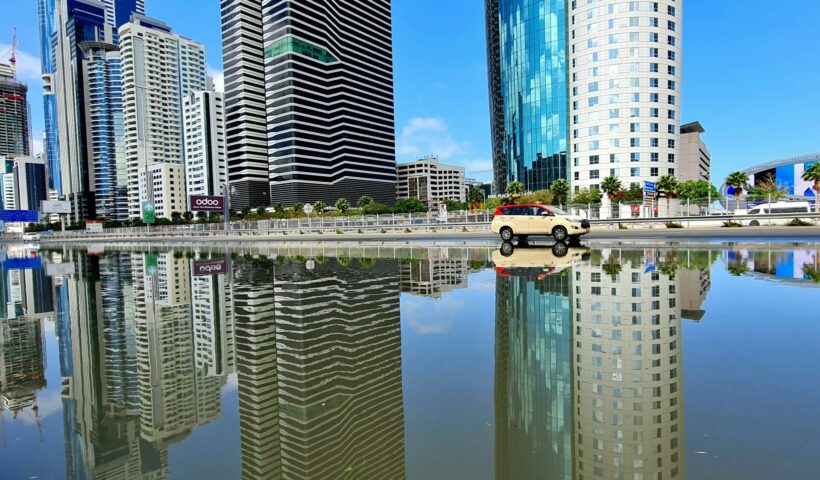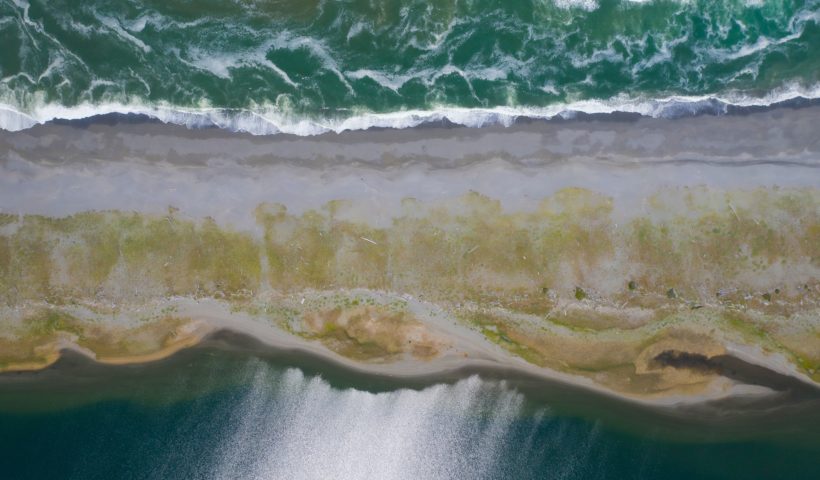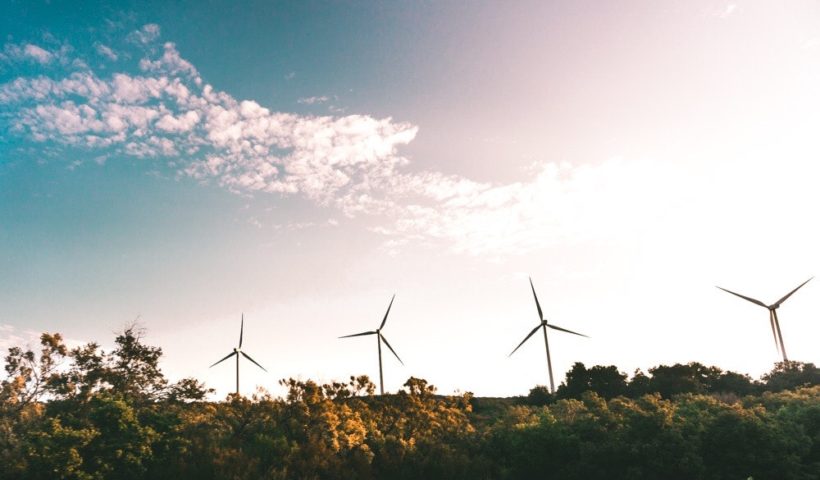In the decades following the Green Revolution, industrial monoculture has quickly become the dominant model of agriculture in the United States. Despite its economic benefits and high crop yield, monocultures have diminished biodiversity and operate on massive amounts of agrochemical inputs, which have caused extensive ecological and human damage. In hopes of shifting agriculture to a greater moral standing, agro-ecological models have been formulated that incorporate ecosystem processes into farming. Agro-ecology has culminated in the practice of permaculture, which enables ecological regeneration while growing crops in a sustainable manner. Permaculture is in its early stages of development, and agricultural engineers must shift their efforts to improving its design and feasibility for widespread use.
View More Back to Our Roots: The Shift from Industrial Monoculture to PermacultureTag: Environmental Ethics
Developing the Road to Nowhere: Ethical Considerations of Highway Expansions
Highway expansion has persisted across the last several decades in the United States. While these networks provide an important mode of transportation for people and cargo between major cities throughout the country, their expansion poses an ethical dilemma. The primary solution to bottleneck traffic congestion and prolonged commute times is to add extra lanes to existing highways; however, the relief is temporary, as their positive effects only last about five years. Further, highway expansion has been associated with unethical long-term effects that prove federal budgets should be investing in improving existing road infrastructure.
View More Developing the Road to Nowhere: Ethical Considerations of Highway ExpansionsFlooding in the Desert Caused by Climate Change?
Last week, the Arabian peninsula was hit by unprecedented rainfall, with parts of the desert nation United Arab Emirates receiving 10 inches of rain within 24 hours.
While this extreme weather mimics the patterns climate scientists have long warned about, some wonder if cloud seeding could instead be to blame for the catastrophic storms. However, scientists have debunked that theory, highlighting a public reluctance to believe that the global climate crisis is creating these extreme events. Linking these severe weather events to climate change is the first step to protecting human lives.
Great Stakes in the Great Lakes: Anthropocentrism and Biocentrism in Culling Asian Carp
Asian carp are an invasive species that have dramatically damaged US waterways. Environmentalists are scrambling to find solutions to prevent the devastation that may ensue as the carp encroach upon the Great Lakes. However, current solutions to maintain these ecosystems are inherently unethical. Human response to the carp invasion reveals how ecological decision making influenced by human-centric environmentalist ethics is unsuitable when dealing with man-made problems. Instead, humans must consider what ethical obligations they have to protect the environment and repair damage done to the US waterway system.
View More Great Stakes in the Great Lakes: Anthropocentrism and Biocentrism in Culling Asian CarpWhy the Keystone XL Pipeline was Unethical
This article draws upon environmental, utilitarian, rights and justice ethics in order to explain why the Keystone XL Pipeline extension was unethical and why its permit was revoked by the Biden Administration in 2021. It debunks the common claims that the pipeline would increase jobs and encourage economic growth, as well as sheds light upon the negative environmental effects and risks to indigenous populations, offering ethical guidelines for the future, such as consulting with indigenous communities before embarking on construction projects.
View More Why the Keystone XL Pipeline was UnethicalThe Costs of Megaprojects: An Analysis of the Hong Kong-Zhuhai-Macau Bridge
Megaprojects are large scale investment projects, many of which are internationally famous, such as Australia’s Sydney Opera House, SpaceX’s program to colonize Mars, and the Panama Canal. Megaprojects garner a high level of excitement — and justly so, as they hold cultural, economic, and social significance. However, the questionable ethics of megaprojects needs to be examined as they increasingly become the dominant mode of infrastructure construction.
View More The Costs of Megaprojects: An Analysis of the Hong Kong-Zhuhai-Macau BridgeNature is Not a Means to an End: Applying Environmental Ethics to Desalination
Global water demand is rising, but our water supplies are decreasing. Desalination offers an unconventional source of fresh water to meet the needs of the world’s growing population. However, the process harms marine organisms and their natural environments, and exacerbates the threat of climate change. Examination of environmental ethics suggests that prioritizing concerns about environmental and community health is vital to the successful establishment and operation of desalination plants.
View More Nature is Not a Means to an End: Applying Environmental Ethics to DesalinationThe Ethical Implications of Climate Change and Future Inequality We Can’t Ignore
The impacts of climate change will disproportionately impact disadvantaged groups on regional, national, and international scales. The skewed vulnerabilities that arise from exposure to natural disasters, susceptibility to damage, and community ability to recover fuel the need to examine the ethical implications of producing greenhouse gas emissions in bulk for luxury purposes. As engineers are the creators of industrial processes, the responsibility an engineer holds towards themselves, the community they serve, and the future must be displayed through accountability for the cumulative impacts of each action.
View More The Ethical Implications of Climate Change and Future Inequality We Can’t Ignore
